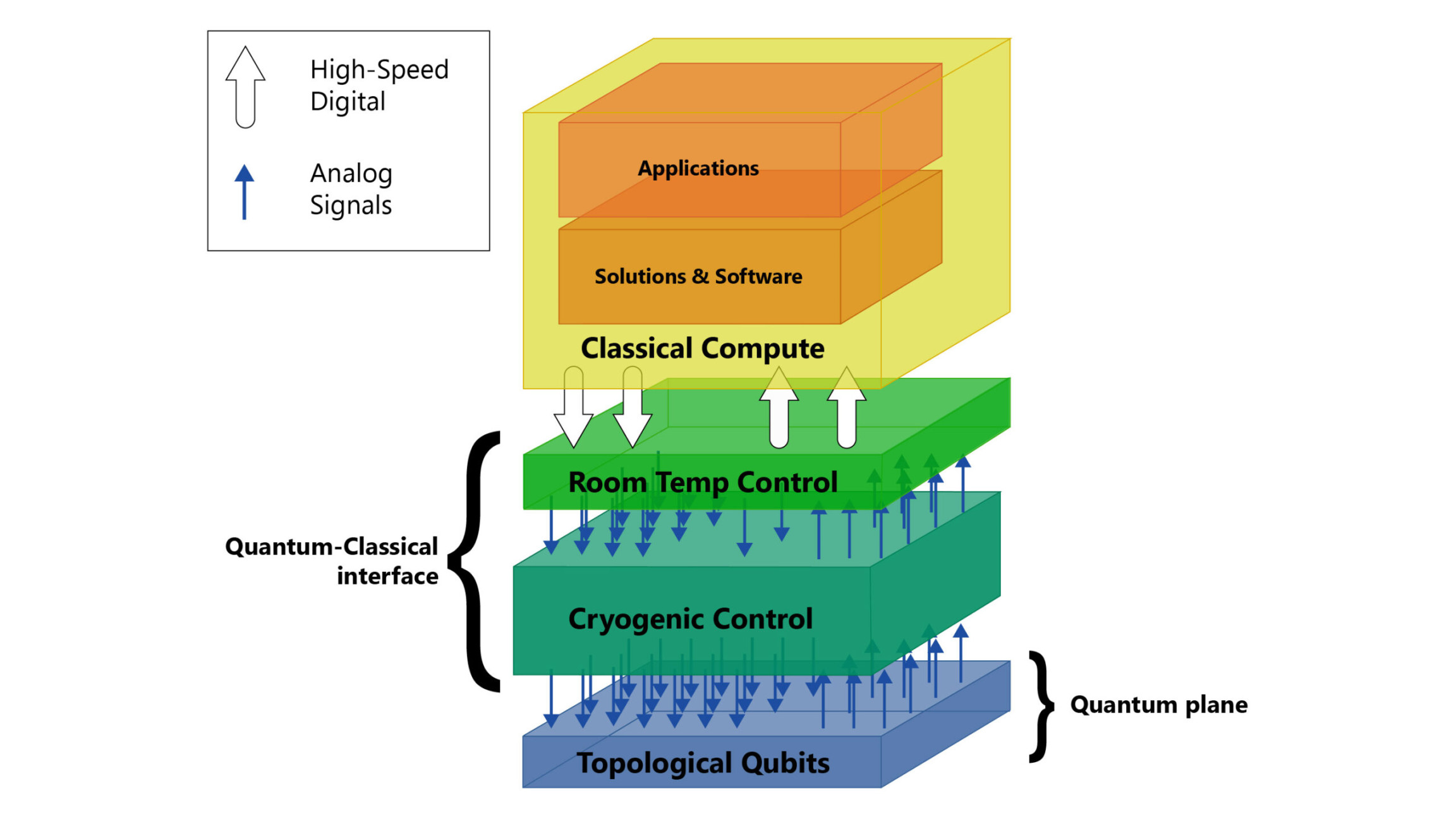Quantum Computing Research: Unlocking the Potential of the Future
The world of computing has come a long way since the invention of the first electronic computer. Over the years, researchers and scientists have continuously pushed the boundaries of what is possible, leading to exponential growth in technological advancements. Quantum computing, a revolutionary field of research, has emerged as a potential game-changer in the digital landscape. In this article, we will explore the concept of quantum computing, its implications, current research, and the potential it holds for shaping the future.
What do you mean by Quantum Computing?
Quantum computing is a branch of computing that utilizes the principles of quantum mechanics to process and store information. Unlike classical computers that use bits to represent and process data, which can either be a 0 or a 1, quantum computers use quantum bits, or qubits, which can exist in multiple states simultaneously due to a phenomenon known as superposition. This unique characteristic of qubits allows quantum computers to perform complex calculations and solve problems much faster than classical computers.
How does Quantum Computing Work?
Quantum computing harnesses the fundamental principles of quantum mechanics, such as superposition and entanglement, to perform computations. Superposition allows qubits to be in a state of 0, 1, or both simultaneously, exponentially increasing the computational power. Entanglement, on the other hand, enables the correlation between qubits, allowing information to be processed and shared instantaneously.

To carry out calculations, quantum computers manipulate qubits using quantum gates, which are analogous to the logic gates in classical computing. By applying a sequence of quantum gates to the qubits, quantum algorithms can be executed to solve specific problems. These algorithms take advantage of the inherent parallelism and probability-based nature of quantum computing to find optimal solutions to complex computational challenges.
What is currently known about Quantum Computing Research?
Quantum computing is still in its early stages, but significant progress has been made in recent years. Leading tech companies, such as IBM, Google, and Microsoft, along with numerous research institutions, are investing heavily in quantum computing research to unlock its potential. Quantum computers with a small number of qubits have already been developed, and efforts are underway to increase their scalability and reliability.
One of the major milestones in quantum computing research was the achievement of quantum supremacy by Google in 2019. Google’s quantum computer, Sycamore, successfully performed a calculation that would have taken the most powerful classical supercomputers thousands of years to complete. This breakthrough demonstrated that quantum computers have the capability to outperform classical computers in certain tasks.

Researchers are also exploring the application of quantum computing in various fields. Quantum cryptography, for example, leverages the principles of quantum mechanics to provide secure communication channels that are virtually unhackable. Furthermore, quantum simulations can be used to model and study complex systems that are beyond the reach of classical computers, leading to advancements in materials science, drug discovery, and optimization problems.
Solution to Current Challenges
Despite the immense potential of quantum computing, several challenges need to be addressed before it becomes commercially viable. One of the biggest hurdles is maintaining the stability and coherence of qubits, as they are easily affected by environmental factors and noise. Scientists are actively researching different qubit architectures and developing error-correction techniques to improve the reliability of quantum computers.
Another challenge is scalability. Currently, quantum computers have a limited number of qubits, making them unsuitable for solving complex real-world problems. Researchers are exploring various approaches, such as using different physical systems to create qubits and developing quantum algorithms that are capable of solving problems with fewer qubits.
Additionally, the high cost of building and operating quantum computers poses a significant barrier to widespread adoption. However, advancements in technology and increased investment in research are driving down costs, making quantum computing more accessible to businesses and researchers.
Conclusion
Quantum computing research holds the key to unlocking unparalleled computational power and revolutionizing various industries. While still in its infancy, the progress made in this field is remarkable. Quantum computers have the potential to solve complex problems that are currently intractable for classical computers, leading to advancements in fields ranging from cryptography to drug discovery.
As researchers continue to overcome the challenges associated with quantum computing, we can expect to witness groundbreaking advancements in the coming years. The future of quantum computing is brimming with possibilities, and it is only a matter of time before it becomes an integral part of our daily lives.
Frequently Asked Questions (FAQs)
1. Can quantum computers replace classical computers entirely?
No, quantum computers and classical computers serve different purposes. While quantum computers excel at solving complex optimization and simulation problems, classical computers are still more efficient for everyday tasks like browsing the internet, word processing, and basic calculations.
2. Are quantum computers a threat to cybersecurity?
Quantum computers have the potential to break many of the commonly used encryption algorithms, posing a threat to current cybersecurity infrastructure. However, researchers are actively working on developing quantum-resistant encryption methods to ensure data security in the era of quantum computing.
3. How long will it take for quantum computers to become mainstream?
The timeline for mainstream adoption of quantum computers is uncertain. It depends on various factors, including advancements in technology, scalability, and the development of practical applications. Some experts predict that it may take several decades, while others believe it could happen sooner.
4. Can anyone access and use a quantum computer?
As of now, quantum computers are primarily accessible to researchers and organizations working in collaboration with quantum computing companies. However, efforts are being made to make quantum computing resources available to a broader audience through cloud-based quantum computing platforms.
5. Will quantum computing render traditional encryption methods obsolete?
Quantum computers have the potential to break many of the traditional encryption methods used today. However, the development of quantum-resistant encryption algorithms is underway, ensuring data security in the post-quantum era. It is crucial for organizations to stay updated with advancements in encryption techniques to safeguard their sensitive information.